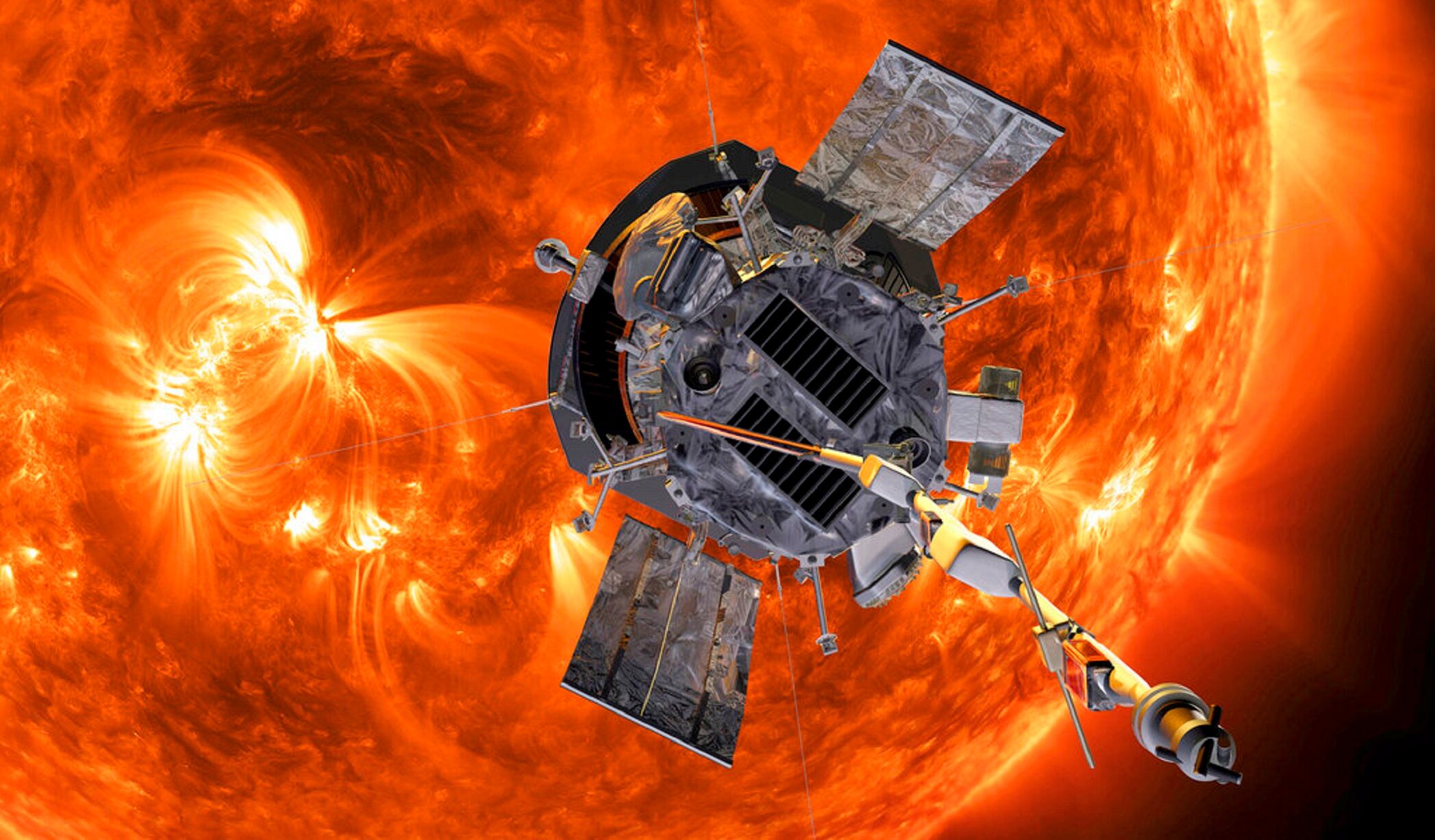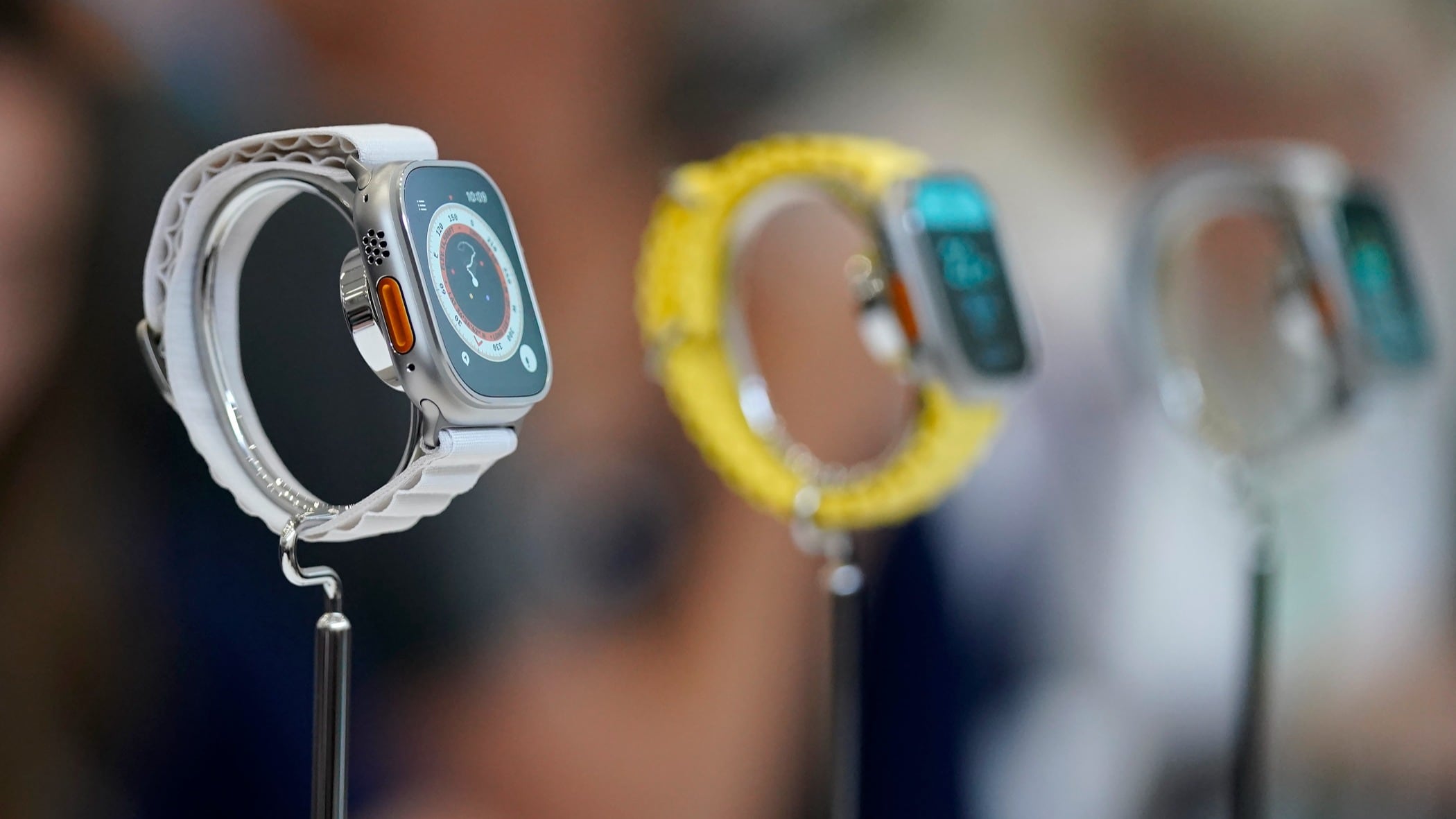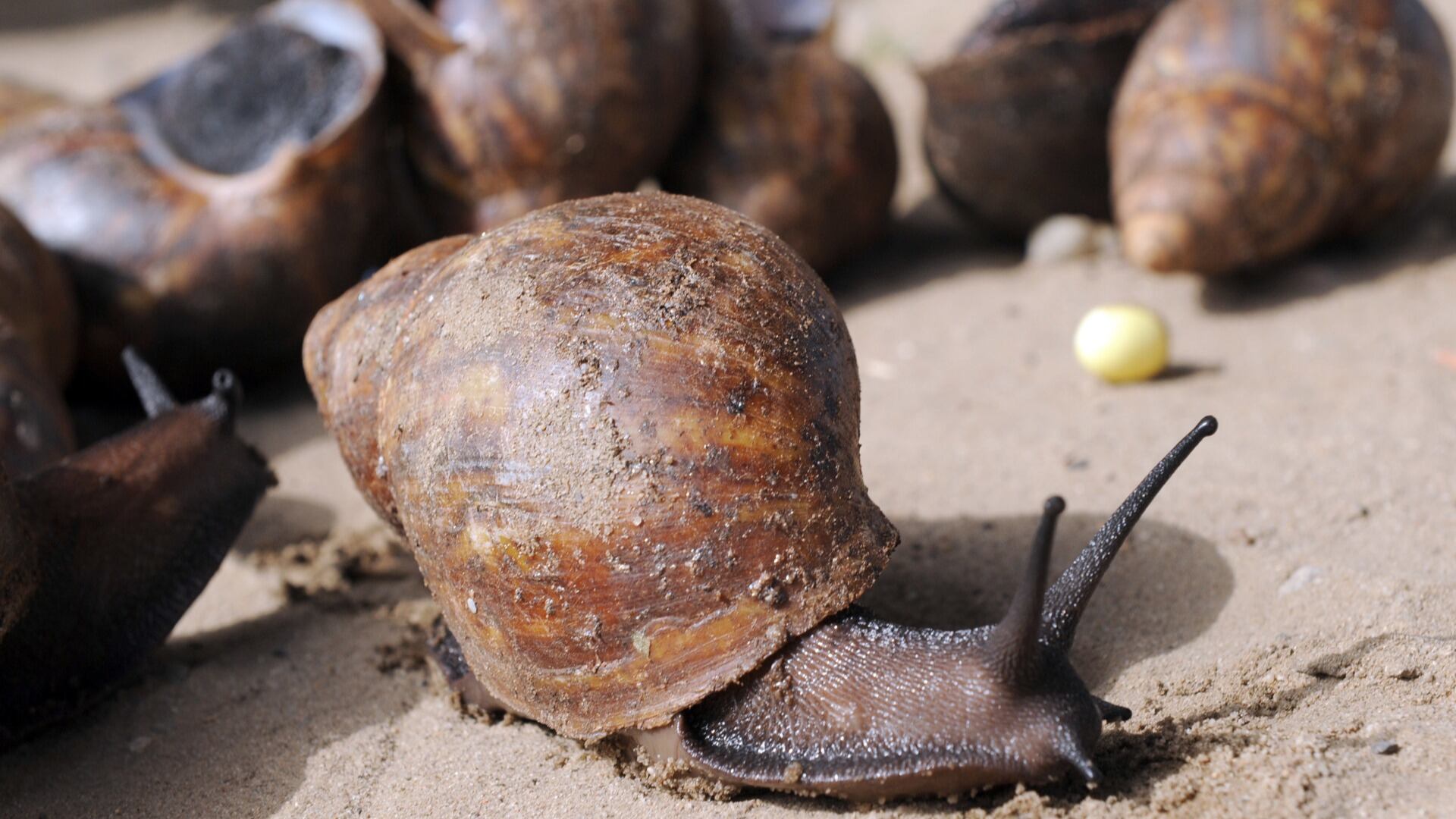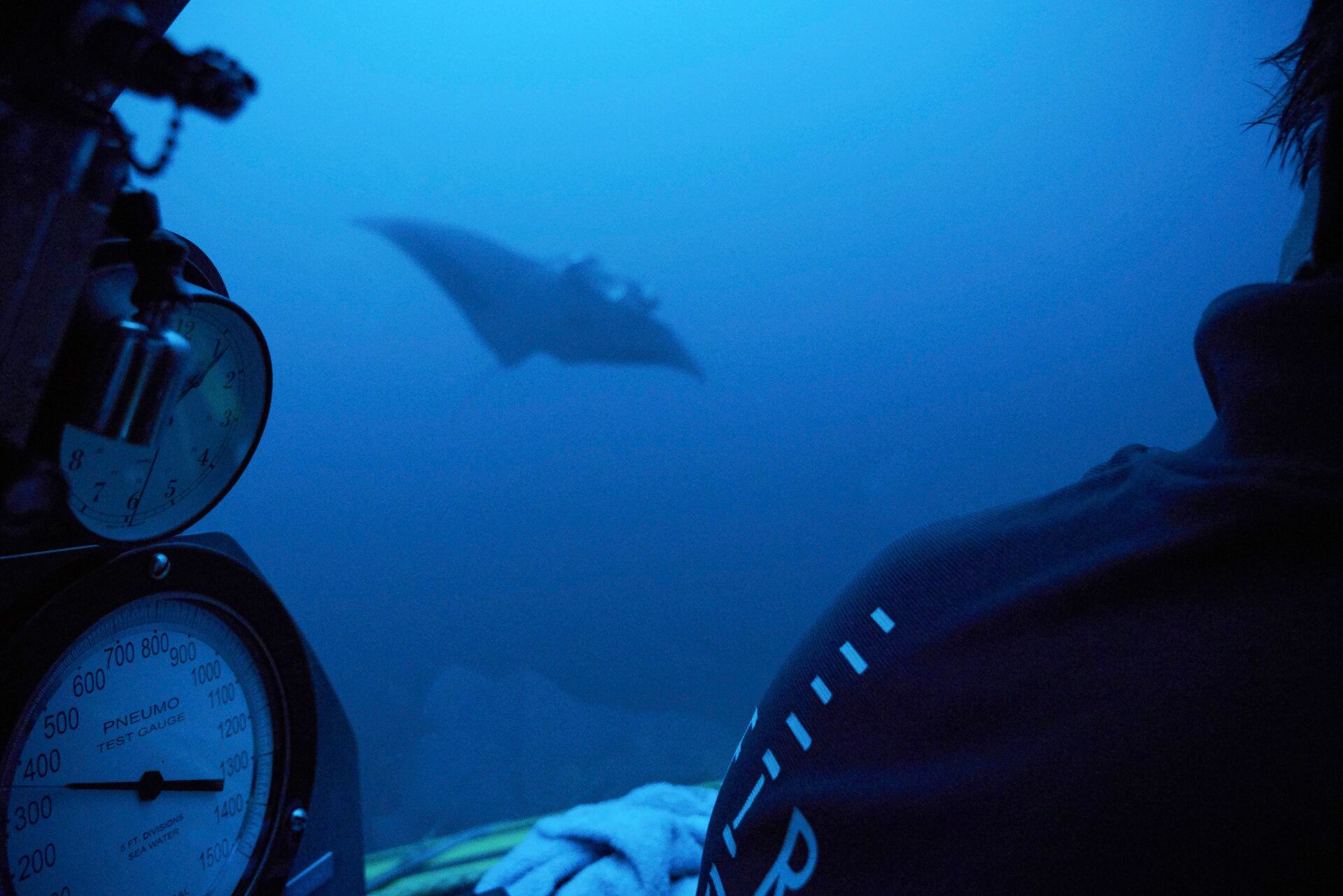By Marcia Dunn
A NASA spacecraft has officially “touched” the sun, plunging through the unexplored solar atmosphere known as the corona.
Scientists announced the news Tuesday during a meeting of the American Geophysical Union.
The Parker Solar Probe actually flew through the corona in April during the spacecraft’s eighth close approach to the sun. Scientists said it took a few months to get the data back and then several more months to confirm.
"Fascinatingly exciting,” said project scientist Nour Raouafi of Johns Hopkins University.
Launched in 2018, Parker was 8 million miles (13 million kilometers) from the center of the sun when it first crossed the jagged, uneven boundary between the solar atmosphere and outgoing solar wind. The spacecraft dipped in and out of the corona at least three times, each a smooth transition, according to scientists.
“The first and most dramatic time we were below for about five hours ... Now you might think five hours, that doesn't sound big," the University of Michigan's Justin Kasper told reporters. But he noted that Parker was moving so fast it covered a vast distance during that time, tearing along at more than 62 miles (100 kilometers) per second.
The corona appeared dustier than expected, according to Raouafi. Future coronal excursions will help scientist better understand the origin of the solar wind, he said, and how it is heated and accelerated out into space. Because the sun lacks a solid surface, the corona is where the action is; exploring this magnetically intense region up close can help scientists better understand solar outbursts that can interfere with life here on Earth.
Preliminary data suggest Parker also dipped into the corona during its ninth close approach in August, but scientists said more analyses are needed. It made its 10th close approach last month.
Parker will keep drawing ever closer to the sun and diving deeper into the corona until its grand finale orbit in 2025.
The latest findings were also published by the American Physical Society.
___
The Associated Press Health and Science Department receives support from the Howard Hughes Medical Institute’s Department of Science Education. The AP is solely responsible for all content.













